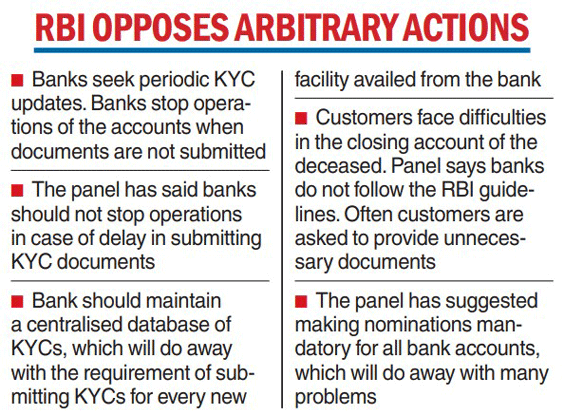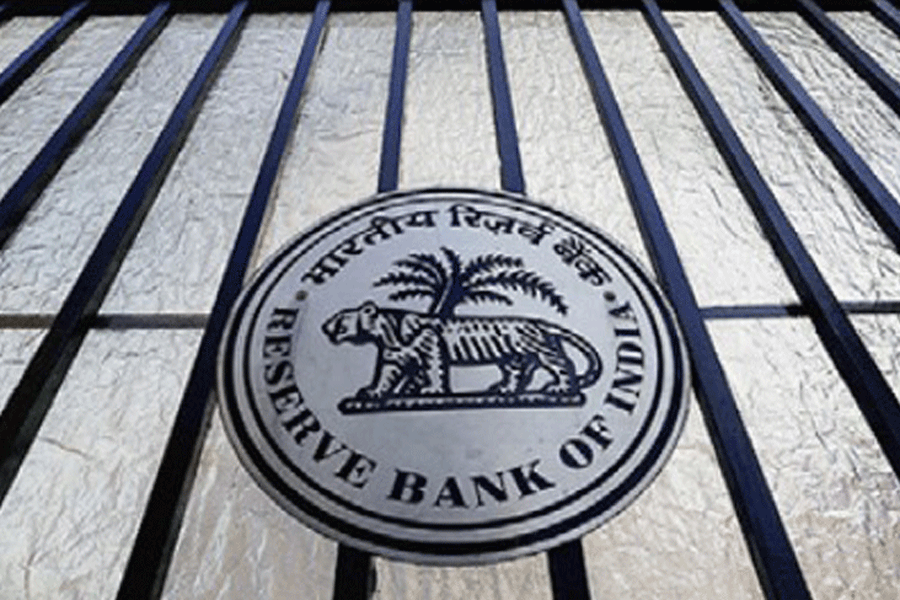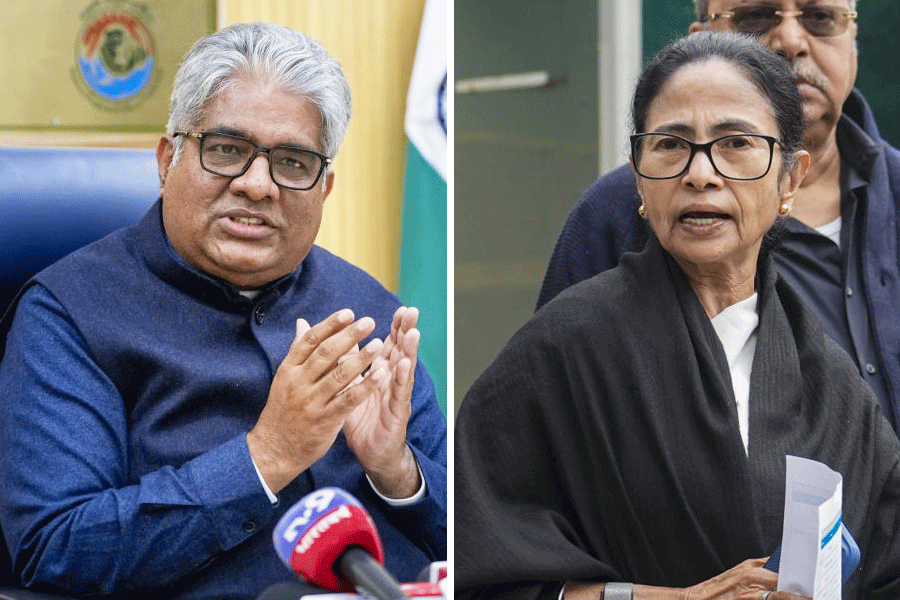A panel appointed by the Reserve Bank of India (RBI) has proposed that banks should not stop operations in an account where required documents have not been submitted on time by the account holder for periodic know your customer (KYC) updates.
It has also suggested that banks must maintain a centralised database of KYC documents for all customers, linked to a unique customer identifier that will obviate the need to repeatedly submit KYC documents. The RBI had set up the panel under its former deputy-governor B.P. Kanungo in May 2022.
According to the RBI policy, banks must do periodic updates of an account holder’s KYC — once in 10 years for low-risk customers, eight years for medium-risk and two years for high-risk customers.
It has also asked banks to keep their records up-to-date and relevant by undertaking periodic reviews. Following this, banks have been repeatedly asking their customers to submit their KYC documents.
In its report, the panel has raised many areas of concern: ``Instances came to the notice of the committee that some banks stop operations in the account when required documents are not submitted on time by the account holder, for updating KYC. Freezing of customer deposit accounts for the non-submission of KYC was reported to be a practice in many REs (regulated entities or banks), even though the regulation does not provide for it. Cheques issued by the account holder were dishonoured in many such cases,’’ the panel said.
It, therefore, recommended that while banks should take necessary steps to periodically update KYC, it must be ensured that operations in the account are not stopped.
Sources said that while banks used to stop operations in accounts in case of KYC delay, they were not classified as dormant accounts. These are accounts where there are no transactions for over two years.
Centralised database
It recommended that a bank should maintain a centralised database of KYC documents of all customers. This would obviate the need for submitting KYC documents repeatedly for availing multiple facilities from the same bank.
“Whenever KYC documents are updated by the customer, the same should be reflected for all other facilities availed by the customer from the RE,’’ it added.
The panel said that it came across several cases of hardship faced by nominees and legal heirs in closing the accounts held by the deceased. Moreover, a large number of existing accounts do not have nominations. Further, difficulties are being faced even in accounts where nominations have been made by the deceased account holder.
“While specific instructions relating to the procedure to be adopted for settlement of claims in respect of deceased depositors have been laid down, these are not always followed. Moreover, even in cases where nomination is available, banks were found to be insisting on the submission of unnecessary documents, which are especially prohibited by regulation’’.
It suggested obtaining nomination may be made mandatory for hassle-free settlement of claims. In accounts without nominations, banks should be asked to obtain them within three years.











